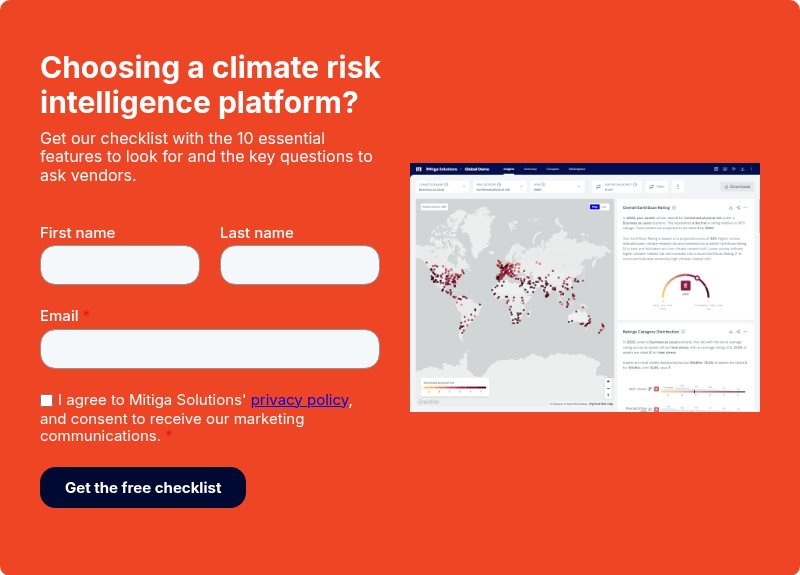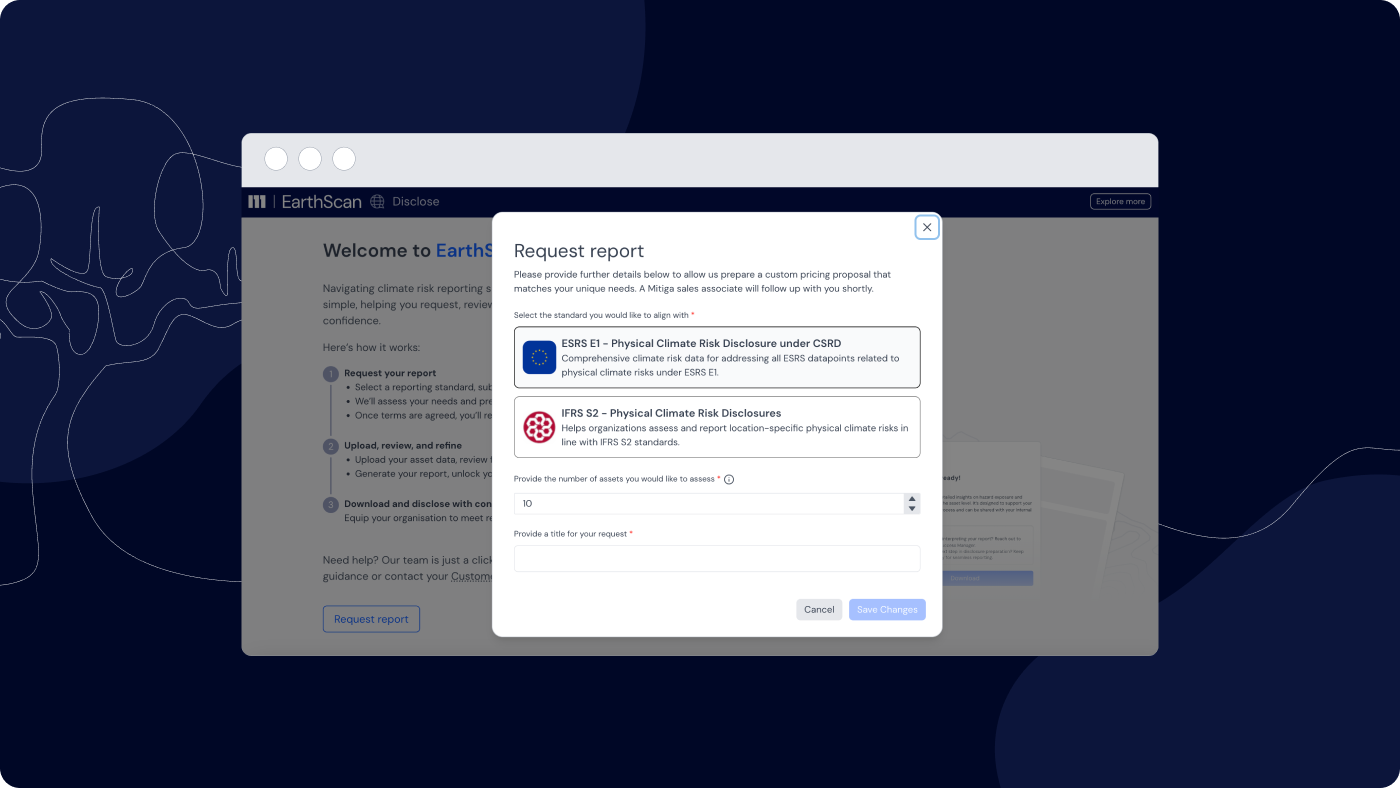The pharmaceutical sector has long been recognized as a major contributor to global emissions. The industry has a serious reliance on resources for production and large supply chains with a large carbon footprint – a report by McMaster University (2019) highlights this truth.
A report by Trinity Life Sciences found that currently, 4.4% of carbon emissions globally are attributed to the healthcare sector, 70% of these emissions come from supply-chain in pharmaceuticals.
At COP28, innovative pharmaceutical trade associations from Europe, US, Canada and Japan, released a joint statement on the Declaration on Climate and Health. In 2021 seven of the largest pharmaceutical companies, including AstraZeneca and GSK, committed to accelerating net zero for the industry.
According to the ABPI at COP26: “80% of some of the largest biopharma companies have set net-zero or carbon-neutrality targets, whereas others have committed to short-term greenhouse gas emissions (GHG) reduction efforts”.
"In our industry, we’ve faced global health challenges before and found solutions. I firmly believe that life science companies can be part of the cure for climate change too.” - Pinder Sahota, Vice President, Association of the British Pharmaceutical Industry (ABPI)
Why are pharmaceutical companies sensitive to climate risk?
The European Parliament’s 2020 Medicines Shortage Report says 60–80% of active pharmaceutical ingredients (APIs) are manufactured in India or China – which means traveling long distances, over different climates – and that’s before the climate-related logistical issues.
For the global community and the sector itself, there can be severe consequences if there’s any disruption to the production or delivery of pharmaceutical products from climate change. To keep costs low, pharma companies often rely on supply chains with a single point of failure, making them highly vulnerable to climate risk-based disruption.
Bloomberg recently reported pharmacists are concerned about current medicine shortages, with over half believing patients have been put at risk – supply chains, such as raw materials, production, and distribution can all be impacted by climate change.
With extreme weather events on the rise around the world, there are many challenges in the pharmaceutical industry when creating, producing, and shipping pharmaceutical products. Supply delays due to weather, increased material costs, threats to product quality, and product loss due to transportation delays are just a few.
With extreme weather events on the rise around the world, there are many challenges in the pharmaceutical industry when creating, producing, and shipping pharmaceutical products. Supply delays due to weather, increased material costs, threats to product quality, and product loss due to transportation delays are just a few.
With so many potential pitfalls, it’s vital for pharma companies to have access to decision-useful climate risk insights across all assets they own, manage or rely on. Pharmaceutical owners and managers need to be able to manage their assets thoroughly, to be able to plan for a more resilient future, create a science-backed climate risk strategy and adapt to climate change.
Why use evidence-based risk assessment technology like EarthScan?
Using science-backed climate intelligence to forecast climate risk is key in the ever-changing climate crisis. Professionals that are involved in pharmaceutical manufacturing and reporting, ESG, and the supply of product ingredients and materials or distribution must all make informed decisions based on a shared single source of truth.
A deeper risk analysis of how climate change will impact the assets they own, manage or rely on is essential when building robust operations and supply chains.
Mitiga’s EarthScan™ can empower pharmaceutical leaders to make informed decisions about planning and development, based on on-demand, asset-level climate risk insight. EarthScan™ can empower pharmaceutical leaders to make informed asset- or portfolio-level decisions about planning and development, based on the latest climate science.
Getting granular detail across all assets shines a valuable light on parts of the portfolio that might need changes implemented. Easily downloadable, this data can then be shared across departments in ESG/sustainability reports and externally in climate-related financial disclosures and used to make appropriate plans to adapt to our increasingly volatile climate.
To continue delivering life-changing medicine globally, pharma companies must first act on their climate risks.





